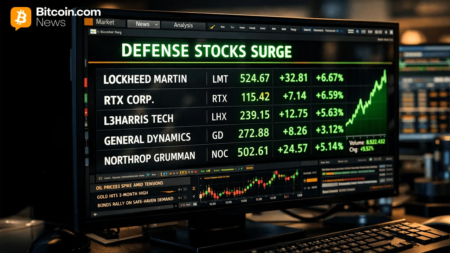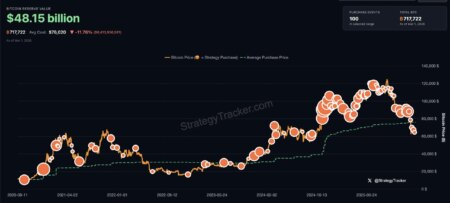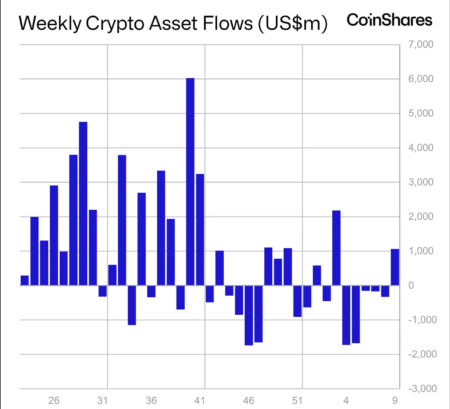Major Outflows Hit Spot Bitcoin ETFs in the U.S.: Market Sentiment Takes a Hit
The recent performance of spot Bitcoin exchange-traded funds (ETFs) has stirred considerable interest due to significant market fluctuations. On Thursday, these ETFs experienced their second-largest daily outflow since they began trading, a staggering $903.11 million, according to data from SoSoValue. This mass exodus was largely driven by significant withdrawals across eight ETFs, with high-profile funds like BlackRock’s IBIT losing $355.5 million and Grayscale’s GBTC seeing a $199.35 million reduction. Other notable exits included Fidelity’s FBTC at $190.4 million and outflows from Bitwise, Ark & 21Shares, VanEck, and Franklin Templeton’s funds.
The extent of the net outflows highlights a notable shift in market sentiment. Rachael Lucas, a crypto analyst at BTC Markets, explained that this abrupt change contrasts sharply with the steady inflows seen earlier in the month. "This is a big sentiment shift," she stated, indicating that the decline was not limited to the crypto space. Broader financial markets were affected by Nvidia’s disappointing accounts receivable report, triggering a risk-off approach amongst investors. As concerns rose, liquidity tightened across various asset classes, with Bitcoin not escaping the downward pressure.
Nvidia, recognized as the world’s leading chip manufacturer, initially reported a robust 62% increase in year-over-year revenue in its Q3 earnings, which momentarily lifted its stock. However, the revelation of a surge in accounts receivable to $33.4 billion—largely attributed to a select group of clients—raised apprehensions about delayed payments and decreasing demand. Following these revelations, Nvidia’s stock dropped by 3.15%, closing at $180.64. The impact echoed through the stock market as the S&P 500 fell 1.56% and the Nasdaq Composite dipped 2.15%. In tandem, crypto stocks faced harsher consequences; Coinbase declined by 7.44%, and BitMine fell by 10.83%.
Bitcoin also suffered, dipping below $86,000 as a result of these factors. The release of the latest U.S. employment data further dampened expectations for a possible interest rate cut in December, adding another layer of complexity for crypto traders. Despite these outflows, Lucas reassured that cumulative ETF inflows still amount to $57.4 billion, with total net assets standing at $113 billion—which is about 6.5% of Bitcoin’s overall market capitalization. Her assessment suggests that institutions are not completely abandoning the market; rather, they are taking a more cautious approach, trimming rather than jettisoning their investments.
In a contrasting trend, the Ethereum ETFs also experienced negative sentiment with a total daily net outflow of $261.6 million across five funds. However, the launch of newly introduced altcoin ETFs told a different story. Bitwise’s XRP fund notably attracted $105 million in inflows on its opening day. Furthermore, spot Solana ETFs drew in a total of $23.66 million in positive flows from funds managed by Bitwise, 21Shares, and Fidelity. Canary Capital’s HBAR ETF nabbed $747,370 in inflows, while its Litecoin fund remained stagnant with no inflows reported for the day.
Overall, the developments surrounding Bitcoin and Ethereum ETFs reflect a tumultuous period in the crypto market, exacerbated by external economic factors and internal market dynamics. Investors may find themselves navigating a complex tapestry of opportunities and challenges as they assess their positions. The current sentiment may appear fearful, but as history suggests, such periods often precede renewed interest and investment opportunities. The key for investors will be timing their moves wisely, ensuring they remain attuned to the evolving landscape of cryptocurrencies.
As a reminder, this content is provided solely for informational purposes and should not be misconstrued as legal, tax, investment, financial, or other types of advice. The Block, as an independent media entity, aims to present objective news and insights while maintaining transparency about its financial disclosures and affiliations, ensuring the information delivered is timely and impactful.
















